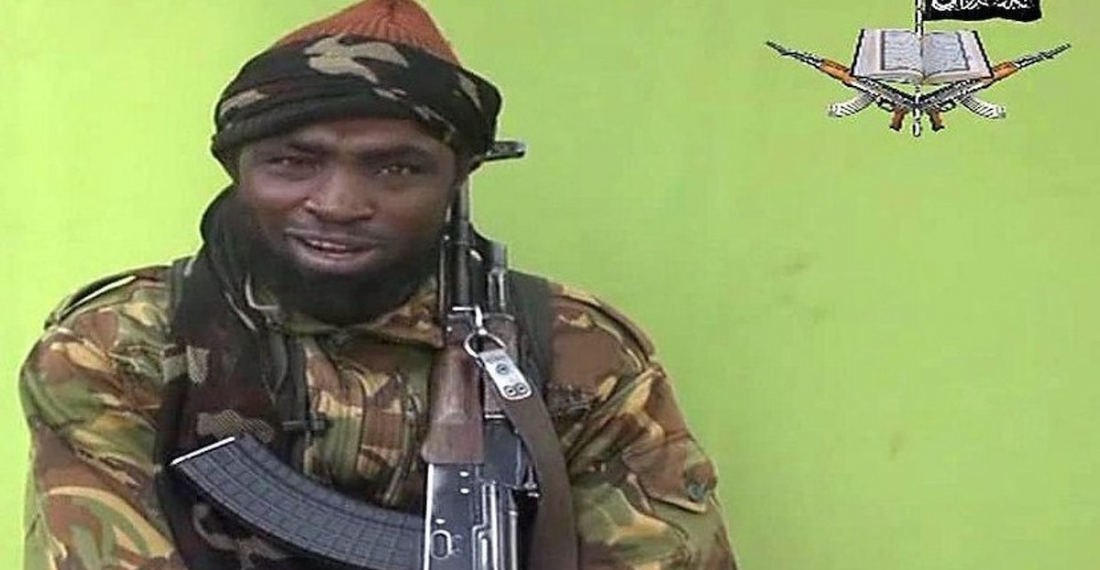- Armenia-Azerbaijan Strategic Expert Platform: Members emphasise the importance of the present moment for the South Caucasus and call for the momentum to be used for the long-term peace and prosperity of the region
- Thursday Interview: Dr. Anar Valiyev
- Food insecurity in Somalia has nearly doubled in the past year
- Türkiye evaluating potential measures in case of a US-Iran conflict
- European Parliament reaffirms support for Ukraine and EU Path
- EU moves ahead with Ukraine loan preparations despite Hungarian block

Abubakar Shekau, the leader of the Nigerian militant group, Boko Haram, has committed suicide fighting against the rival jihadist group, the Islamic State's West Africa Province (ISWAP), the latter's leader reported in an audio recording released two weeks after initial reports of his death.
He was reportedly killed around 18 May after setting off a suicide explosive when pursued by ISWAP fighters following fighting.
"Shekau preferred humiliation in the afterlife to humiliation on Earth," declares a voice appearing to be that of ISWAP leader, Abu Musab Al-Barnawi, in this recording given to Agence-France Presse (AFP) by a source that commonly relays the group's messages.
In the recording, ISWAP describes how its troops, sent to the Boko Haram-controlled enclave in Sambisa Forest, discovered Shekau sitting in his house and started fighting. The voice in the recording claims Shekau retreated and escaped, wandering through the bush for five days whilst being hunted down by ISWAP fighters.
After flushing him out in the bush, ISWAP’s fighters reportedly called on him and his followers to repent, but Shekau refused and killed himself, the speaker continued. "We are so happy," said the voice, adding that Shekau is "someone who has been guilty of unimaginable terrorism and atrocities."
Neither Boko Haram nor the Nigerian army have confirmed this death. Nor has the United States, which had offered $7 million for his capture. The Nigerian army says it is investigating.
Boko Haram is a jihadist terrorist organisation that gained international attention after abducting more than 270 schoolgirls from Nigeria’s Chibok town in 2014. ISWAP was previously a part of Boko Haram but split in 2016 and pledged its allegiance to the Islamic State. After gaining strength, it is now the dominant jihadist group in north-eastern Nigeria.








